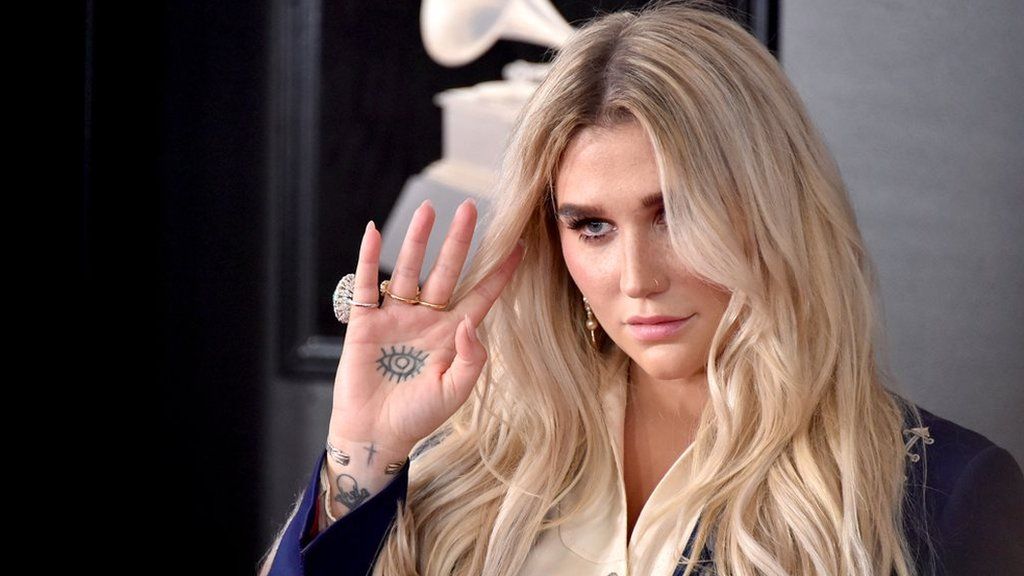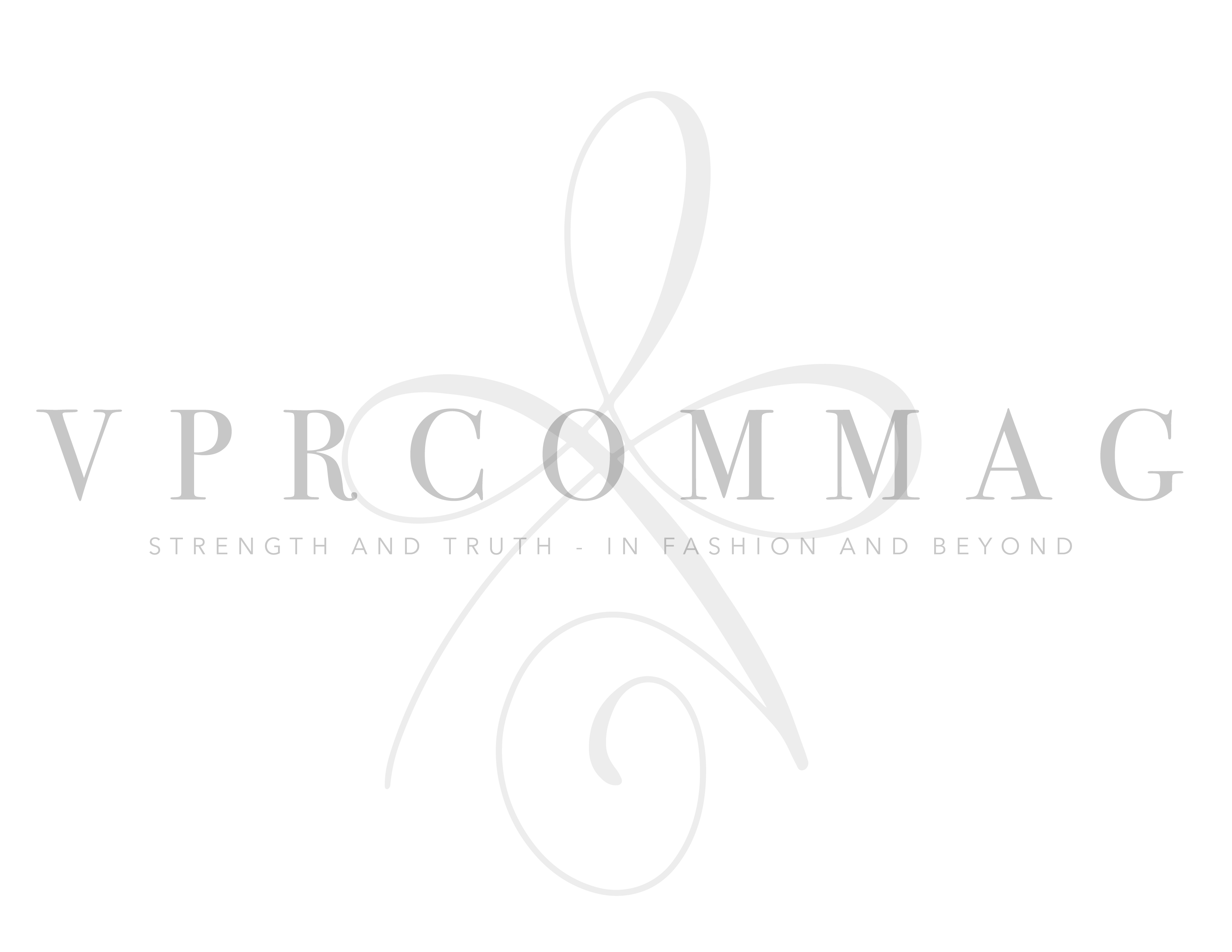
A music producer who says singer Kesha Rose Sebert, known as Kesha, spread false allegations of rape and abuse doesn’t have to meet a higher standard of review for his defamation claims because while he’s an acclaimed producer, he isn’t a household name, a New York state court said Thursday.
The appeals court also upheld a judge’s finding that Kesha defamed the producer in a text to Lady Gaga.
Lukasz Gottwald, known as Dr. Luke, said he and Kesha signed a recording agreement in 2005 before the singer was well-known. The agreement required Kesha to provide Gottwald’s production company, KMI, exclusive recording services that could be extended through the release of her sixth album.
When the singer later tried to back out of the agreement, she threatened to publicize allegations that in October 2005, Gottwald drugged and sexually abused her at a party, the complaint alleged.
According to Gottwald, Kesha and her mother testified in 2010, in an action filed by her former managers against herself and Gottwald, that the producer had never drugged or sexually assaulted her.
 Nevertheless, Kesha and her agents orchestrated a plan to defame Gottwald, including a campaign of publishing false accusations against him in order to pressure him to release her from the recording agreement, he alleges.
Nevertheless, Kesha and her agents orchestrated a plan to defame Gottwald, including a campaign of publishing false accusations against him in order to pressure him to release her from the recording agreement, he alleges.
Gottwald’s complaint, filed in New York, cites emails and letters referring to the alleged abuse and states that those emails were forwarded to a social media blogger who ran a campaign called “Free Kesha” which spread the false allegations.
In 2016, Kesha allegedly texted Lady Gaga, falsely asserting Gottwald had raped both Kesha and another artist, according to the complaint. After the text messages, Lady Gaga allegedly began to spread false allegations against the producer too.
In February 2020, the New York County Supreme Court denied Kesha’s motion for summary judgment on the defamation claims. The Supreme Court of New York Appellate Division, First Department, upheld the ruling, finding Gottwald wasn’t required to meet a higher level of scrutiny with his claims.
Gottwald isn’t a public figure, or even a limited-purpose public figure, and therefore isn’t required to show that Kesha acted with malice or gross irresponsibility, the court said.
The appellate court also granted partial summary judgment for Gottwald, finding that Kesha’s text to Lady Gaga was defamation per se.
Article courtesy of Bloomberg Law
